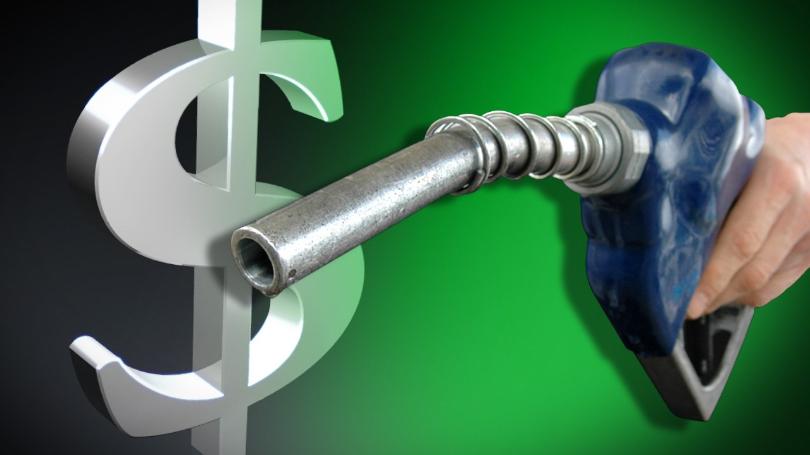Arizonans are tired of politicians raising their taxes for transportation. When lawmakers approved the highly unpopular $32 car registration fee, taxpayers were so irate that the legislature eventually repealed the fee altogether. The last two years, lawmakers attempted to increase the gas tax but were met with such hostility from voters that the bills fizzled and died.
Still, lawmakers have not learned their lesson.
SB1650 this year, sponsored by Sen. Livingston, features not one, but six transportation tax increases all in one bill:
-
- Increases the gas tax, currently set at $.18 cents a gallon, by a penny each year until 2045.
- Increases the gas tax annually by the rate of inflation, ensuring it constantly increases up and above the one penny each year into perpetuity.
- Increases the use fuel tax (diesel), currently at $0.26, by a penny each year until 2045.
- Increases the diesel tax by the rate of inflation – a never ending, automatic tax increase to which legislators would not have to be held accountable.
- Implements a new $500 tax on electric and $300 tax on hybrid vehicles.
- Increases the Maricopa county transportation tax from a half penny to ¾ of a penny if approved by the voters in 2022.
Despite what the spending lobby at the capitol tells lawmakers, Arizona does not have a transportation funding crisis. Arizona has a transportation wasteful spending crisis.
With transportation revenue coming from gas taxes, registration and title fees, county and city transportation taxes, appropriations from the General Fund, and money from the federal Highway Trust Fund, the solution to our infrastructure needs is not raising taxes. The solution is to stop funding bad projects and better prioritize investments.
State Waste: Every year, lawmakers across the state introduce bills to bring the pork back to their districts. Instead of prioritizing major bridges, highways, and freeways, lawmakers approve millions in projects that can and should be funded by counties or cities. Additionally, Highway User Revenue Funds (HURF) dollars have been swept by the legislature year after year to fund the Department of Public Safety. Instead of finding a way to properly fund DPS, the legislature handed their taxing authority over to the Department of Transportation and Arizonans saw the infamous $32 Highway Safety Fee.
County Waste: In the case of the Maricopa County transportation tax (Prop 400), a third of this revenue is statutorily earmarked for public transit like light rail. The net effect, cities like Phoenix, Mesa and Tempe have cannibalized hundreds of millions of dollars meant to be spent on regional projects in order to build trains to nowhere. Taxpayers have spent billions of dollars for these boondoggles to provide transit to less than 1% of the population.
SB1650 continues the allowance of this waste while simultaneously attempting to deceive voters by making it appear as if this is simply a continuation of the current county tax when it is an increase.
City Waste: Of the transportation sales tax approved in 2015, the City of Phoenix allocated 35% to light rail and 51% to bus service, leaving just 14% to street maintenance despite only 30% of streets in Phoenix being considered in good condition. The latest light rail extension cost $245 million per mile to construct, reduced lanes on already congested roads, needs to be continuously subsidized with tax dollars for operations and siphons resources from critical road maintenance projects.
State county, and local governments should stop funding bad projects like light rail and misusing or poorly prioritizing funds, and instead responsibly budget and prioritize the many revenue streams that already exist.
Bad bills such as SB1650 ignore recent years of state surpluses, turns a blind eye to the massive waste in the system and disregards the myriad of funding mechanisms in place. But perhaps most importantly, SB1650 is completely tone deaf to the angst taxpayers have for any more tax increases.


Recent Comments